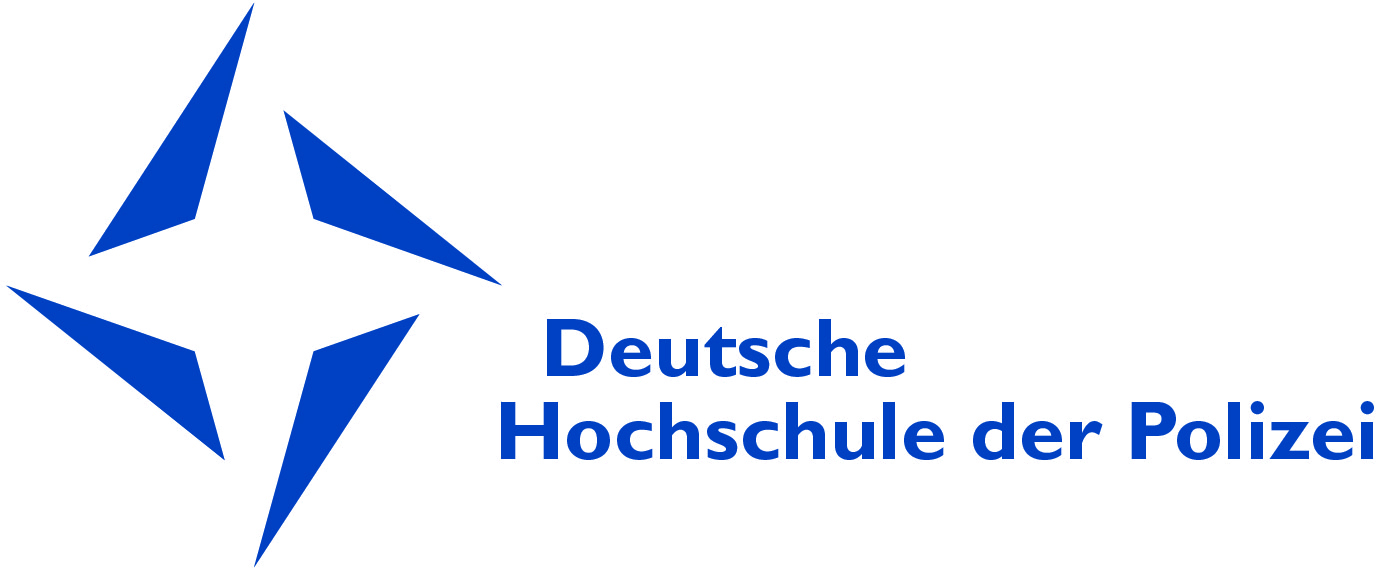News
Projektende und Newsletter 7/2022
Zum 30. November 2022 hat das Projekt PluS-i sein Ende gefunden. Das möchten wir zum Anlass nehmen und uns mit einem letzten Newsletter von Ihnen verabschieden, der hier zum Download…
Veröffentlichung Working Paper Nr. 11 zu den Motiven ehrenamtlich Polizierender
Das elfte Working Paper der PluS-i Working Paper-Reihe ist veröffentlicht. Frauke Reichl befasst sich im Working Paper mit ehrenamtlich polizierenden Bürger:innen. Aufgrund der Ehrenamtlichkeit sticht dieser Akteur aus der pluralisierten…
Ankündigung Erscheinungsdatum Sammelband “Plural Policing in the Global North” am 26. November 2022
Die Veröffentlichung unseres englischsprachigen Sammelbands “Plural Policing in the Global North” (Springer) ist nun zum 26. November 2022 angekündigt. Die Idee für diesen Sammelband entstand im Nachgang des virtuellen PluS-i…
PluS-i Abschlussveranstaltung
Am 22. März 2022 fand die Abschlussveranstaltung des PluS-i Projektes statt, um die nun fast vergangenen fünf Jahre Forschungstätigkeiten im städtischen Raum vorzustellen und zu diskutieren. Die Onlineveranstaltung, die im…


 Deutsch
Deutsch












